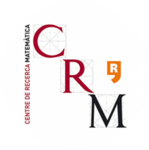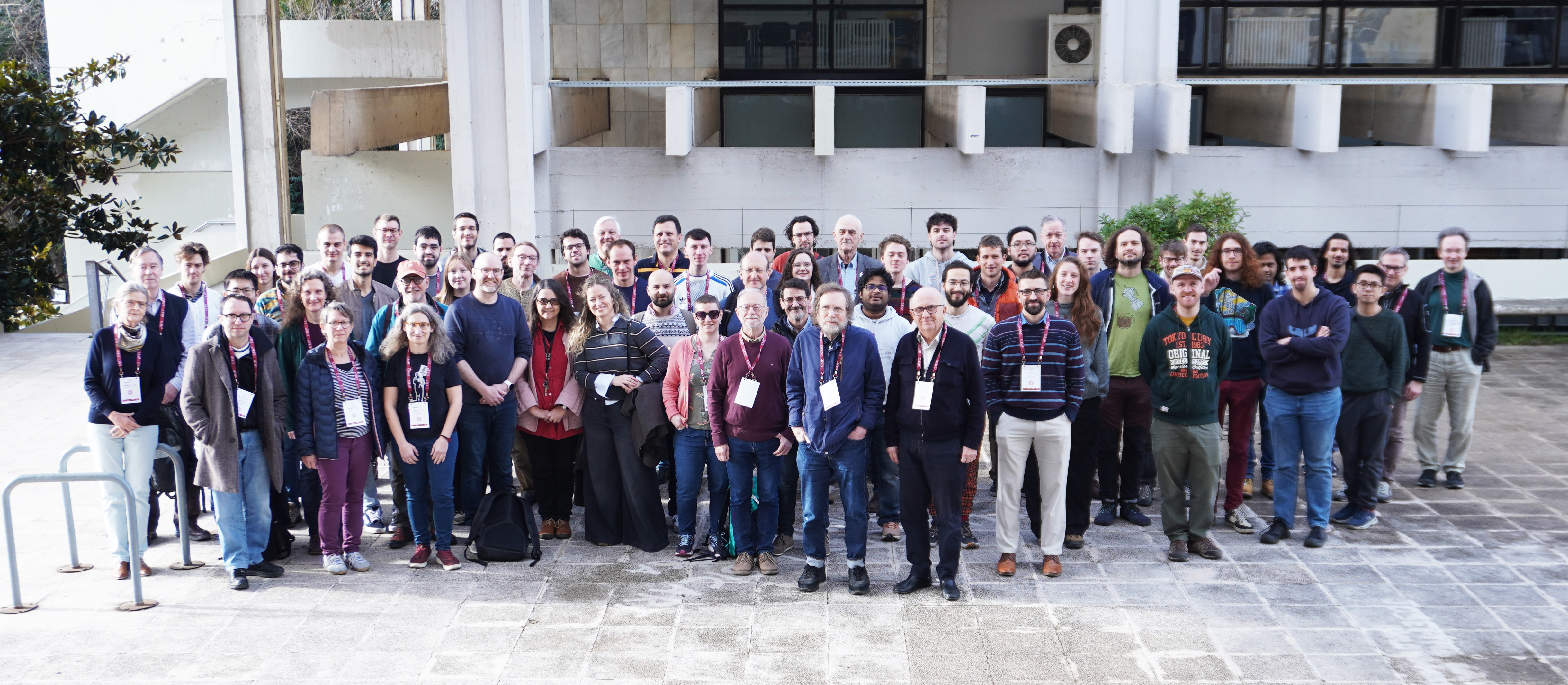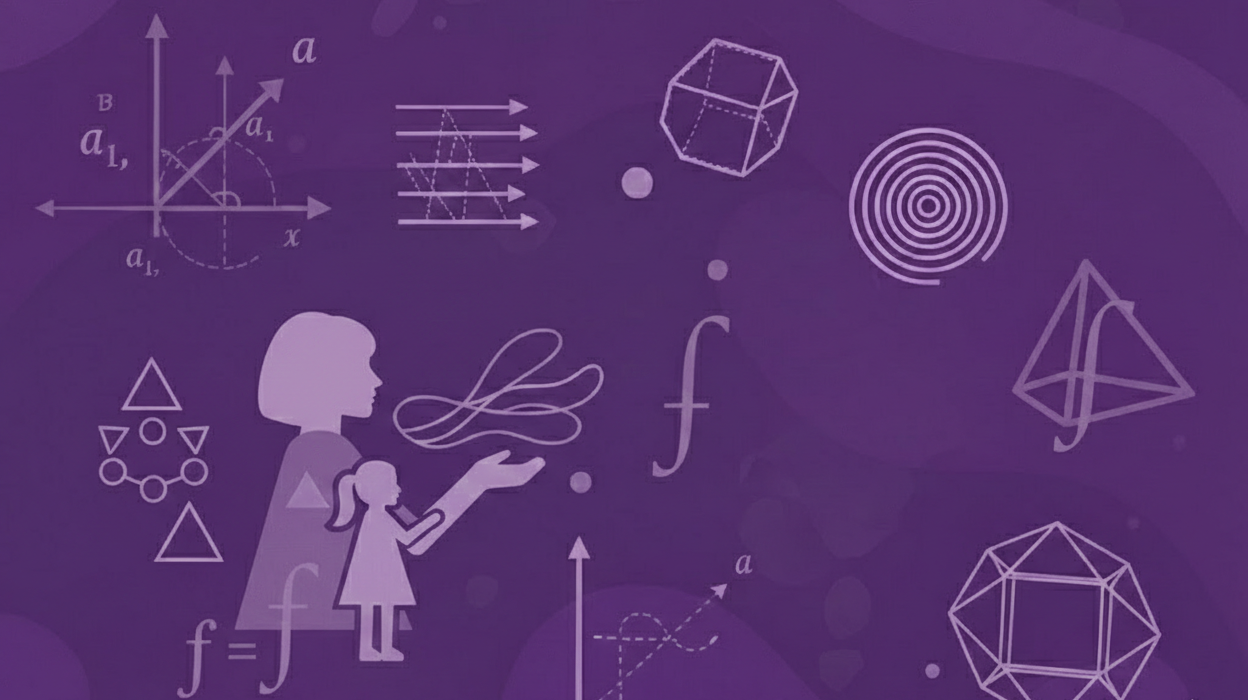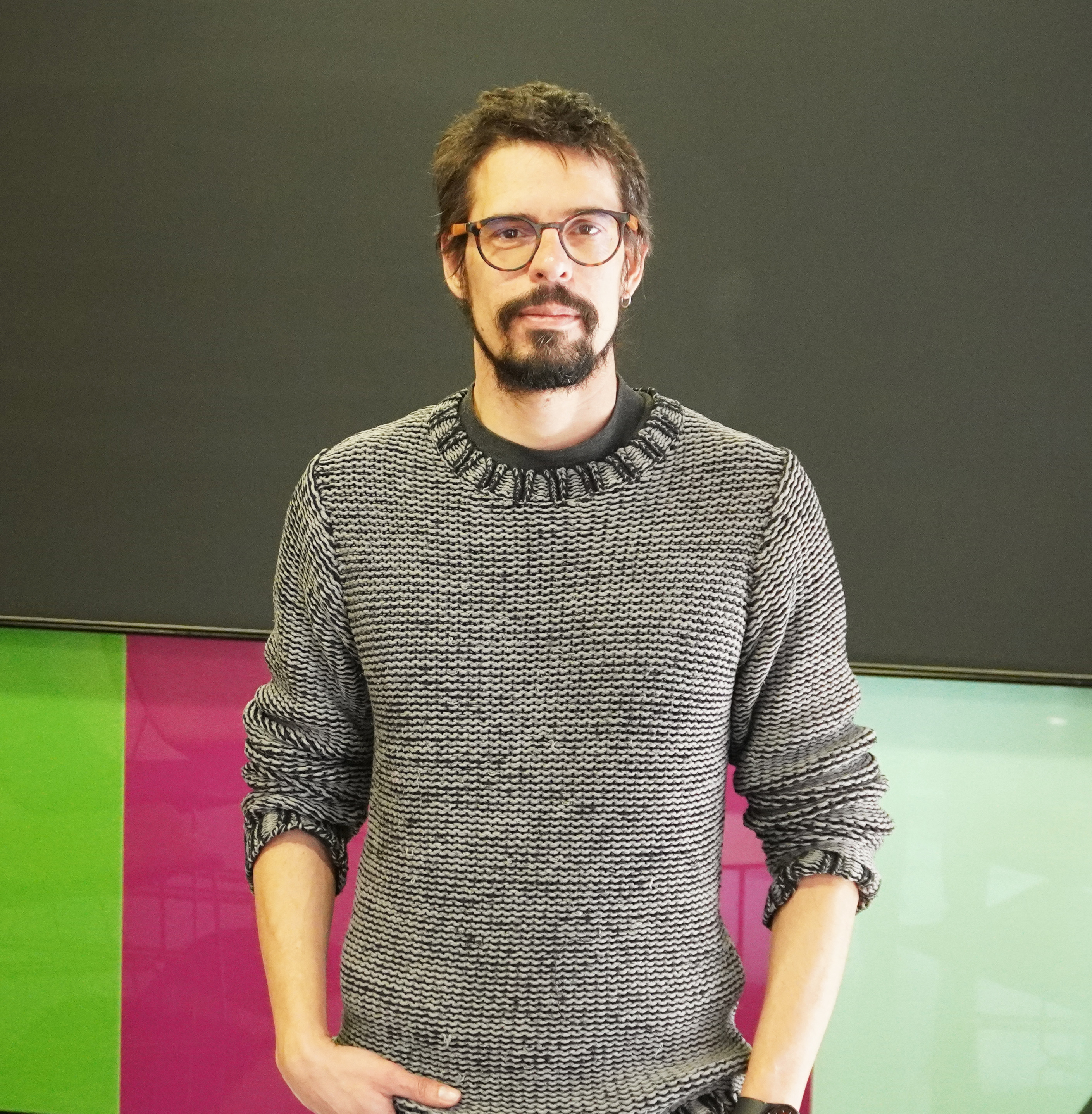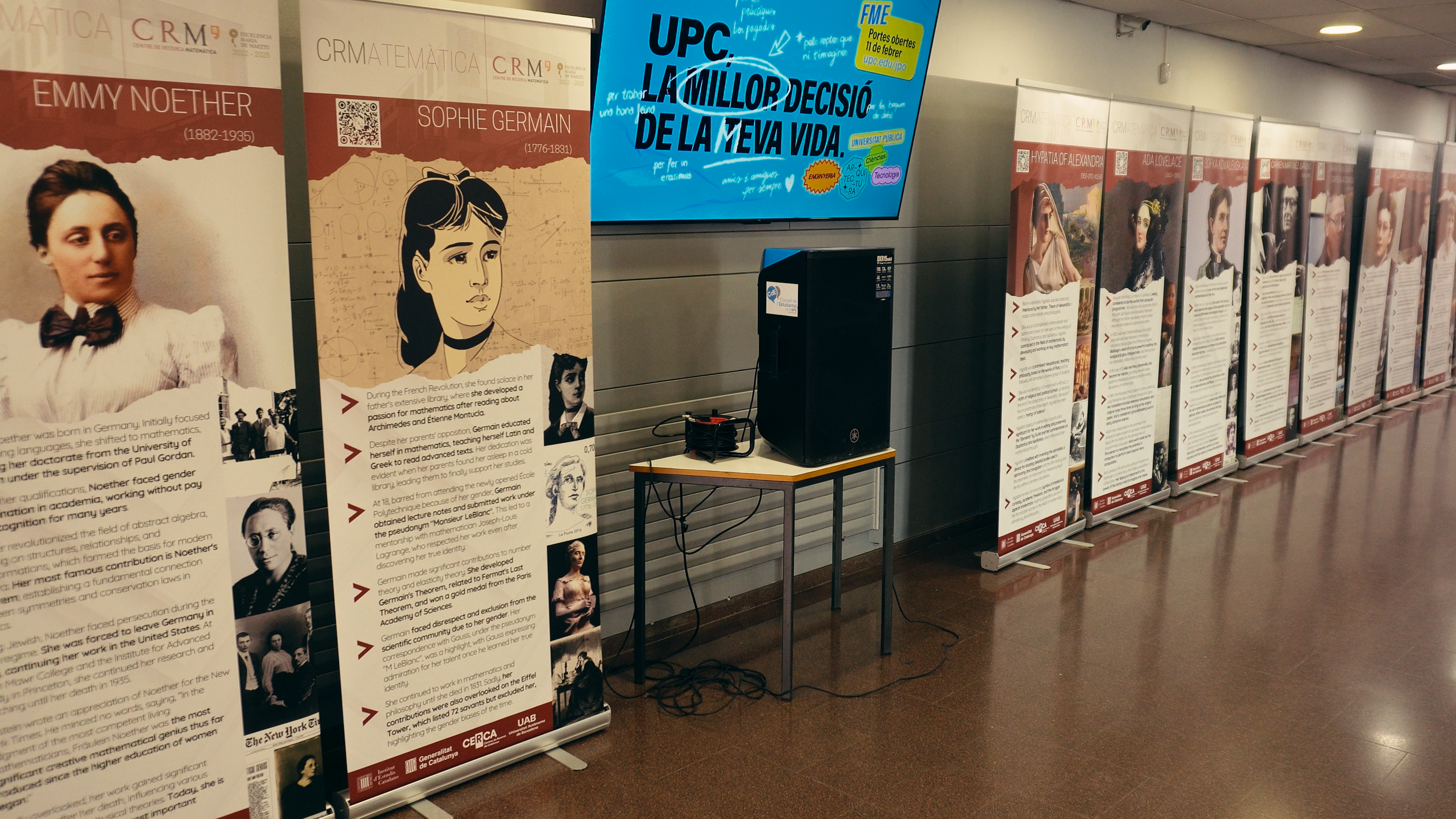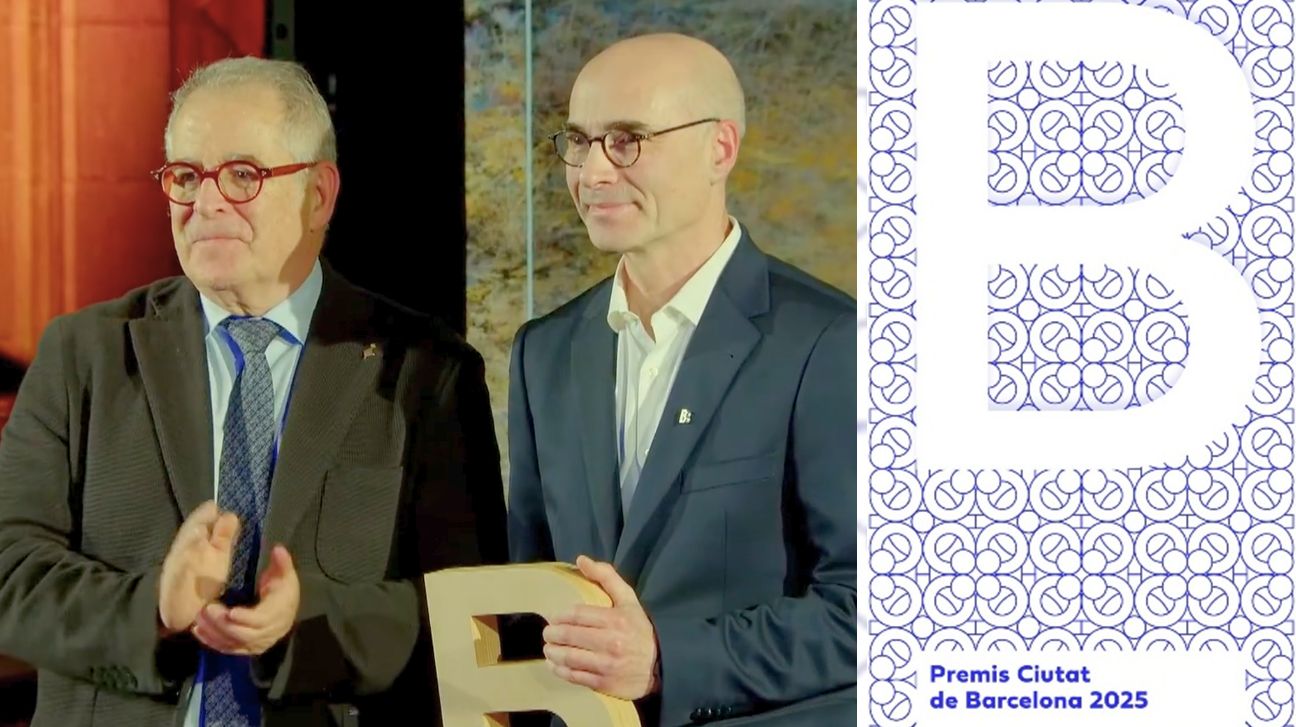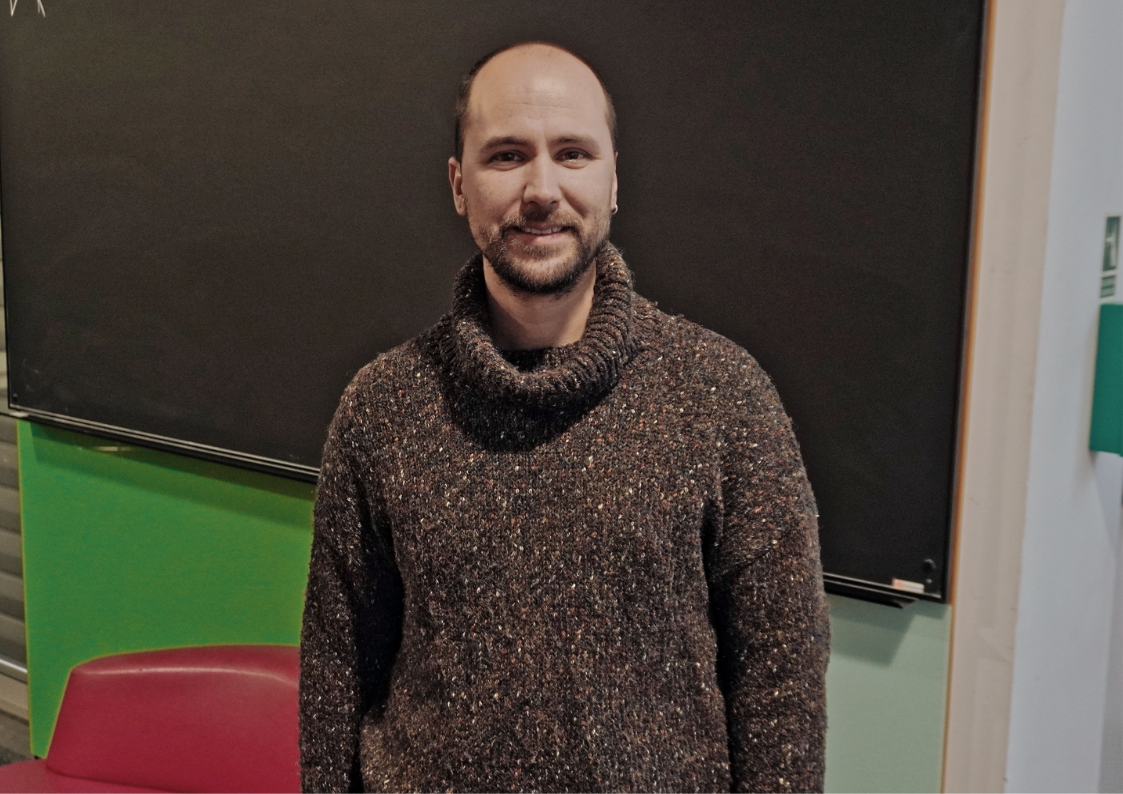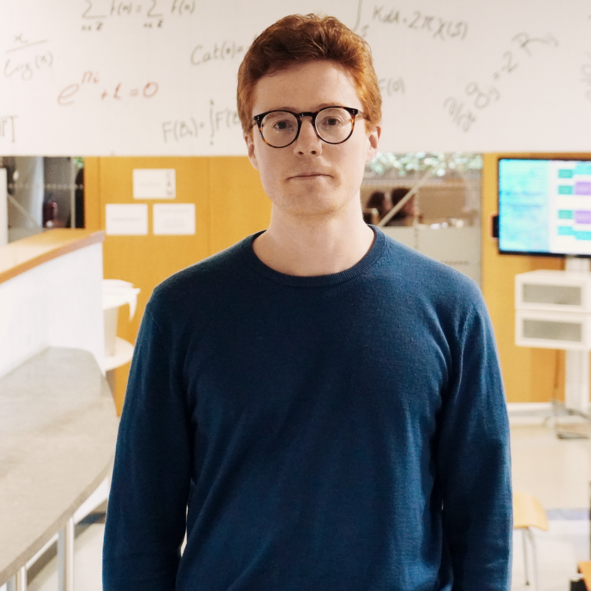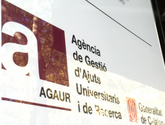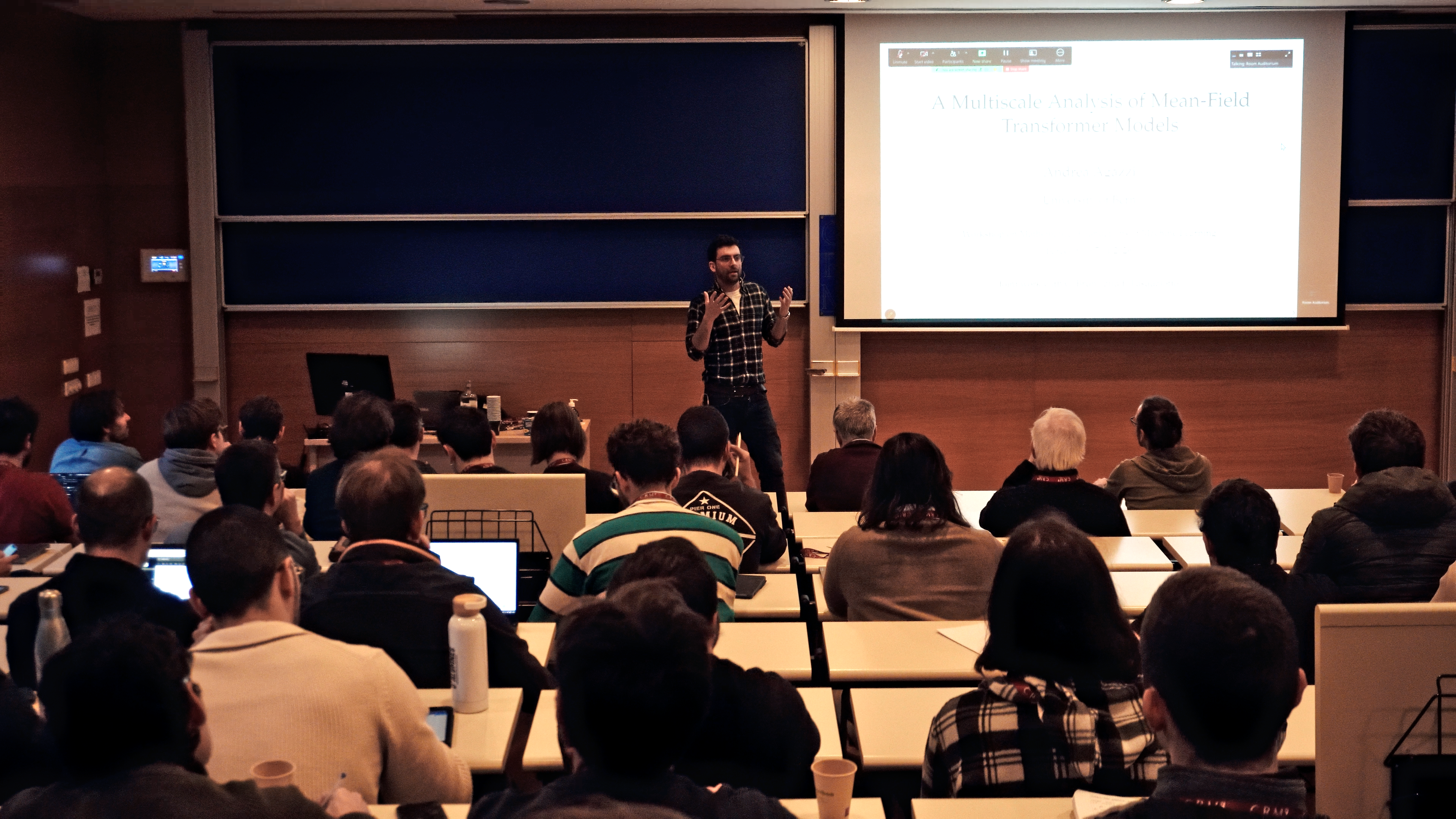
- The Centre de Recerca Matemàtica (CRM) hosted ten students from diverse countries during the Barcelona International Youth Science Challenge (BIYSC), engaging them in a comprehensive mathematics program that explored various facets of mathematics through hands-on projects and courses.
- The program included courses by Antoni Guillamon, Carlos d’Andrea and Natalia Castellana.
- A special session on knowledge transfer, led by David Romero, emphasized real-life optimization problems, showcasing collaborations between CRM and various institutions. Additionally, CRM’s Knowledge Transfer Unit hosted Maria Rosinach as part of the “Joves i Ciència” program.
The Centre de Recerca Matemàtica (CRM) recently hosted ten students as part of the Barcelona International Youth Science Challenge (BIYSC), an annual event organized by the Fundació Catalunya-La Pedrera. This event gathers high school students from around the world for an intensive and inspiring scientific experience. The participants in CRM’s mathematics program, coming from diverse countries such as the United Kingdom, Kazakhstan, El Salvador, Saudi Arabia, and Spain, engaged in a hands-on project that explored various facets of mathematics. The project was structured around three main courses, aimed at appealing to both theoretical and practical interests, ensuring that each participant could find their niche within the mathematical sciences.
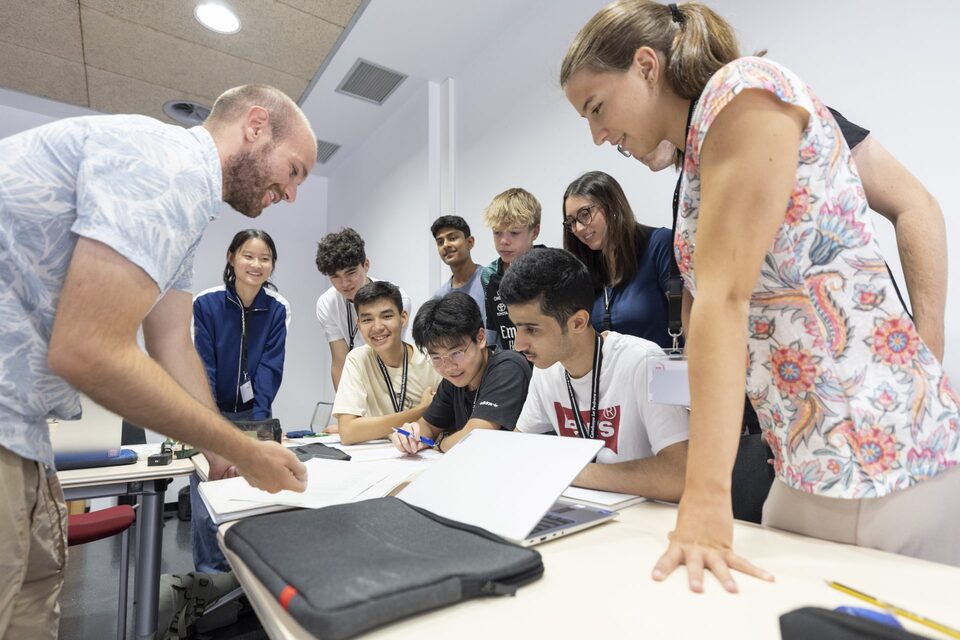
One of the courses was led by Antoni Guillamon, professor at the Universitat Politècnica de Catalunya (UPC) and affiliated researcher at CRM, titled Mathematical Models and Analysis in Neuroscience and Population Dynamics. This course provided an introduction to the modelling of biological processes. Students explored the intricacies of neural activity by digging into neuron action potentials, synaptic transmission, and network simulation, extending their understanding of cognitive phenomena. Additionally, the course covered population dynamics, offering insights into both continuous and discrete time models. By examining how parameter changes can drastically alter system behaviours, students gained a deep appreciation for the power of mathematical modelling.
Carlos d’Andrea, a professor at the Universitat de Barcelona and affiliated researcher with CRM, conducted a course on Positive Polynomials and Sums of Squares which introduced students to the foundational concepts of algebra, with a focus on polynomials. This course highlighted the importance of positivity in polynomials and the concept of sums of squares. Polynomials, as fundamental algebraic expressions, play a crucial role in modelling real-life situations due to their ability to approximate more complex formulas. Understanding when and why a polynomial yields positive values is vital in fields such as optimization and systems control. By exploring the concept of sums of squares, students learned how to simplify and solve problems that might otherwise seem intractable.
The third course by Natalia Castellana, professor at the Universitat Autònoma de Barcelona and affiliated researcher at CRM, was titled From Graphs to Fair Division Problems. The course provided an engaging introduction to graph theory and fair division. Students learned how to model and analyse complex networks and relationships through the study of graphs. The course also addressed the challenges of fair division, focusing on how to divide resources equitably to ensure satisfaction for all participants. By understanding the principles behind fair division, students were equipped with tools to solve real-world problems where equitable distribution is crucial.
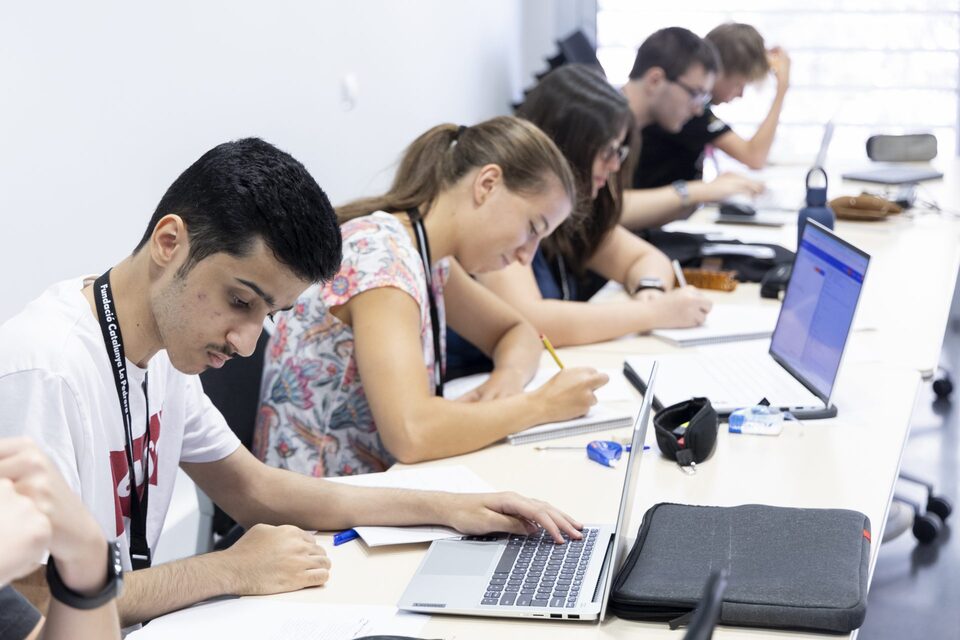
During the programme, a special session was devoted to knowledge transfer, offered by David Romero. Under the title of Knowledge Transfer in Mathematics: Real-Life Optimization Problems, this session emphasized the applications of mathematical research, showcasing the collaboration between CRM and Transports Metropolitans de Barcelona (TMB), and other companies and institutions. Participants learned about real-life optimization problems and the methodologies used to find optimal solutions, demonstrating the tangible and positive impact of mathematics on society.
To assist with the practical sections of the courses, the program also included the vital participation of five CRM PhD researchers. These researchers were Kevin Martínez and Stefano Pedarra, from the Mathematical and Computational Biology research group; Didac Gil, from the Dynamical Systems group; and Alexander Garcia-Duran and Lucía Arancibia, from the Neuroscience group.
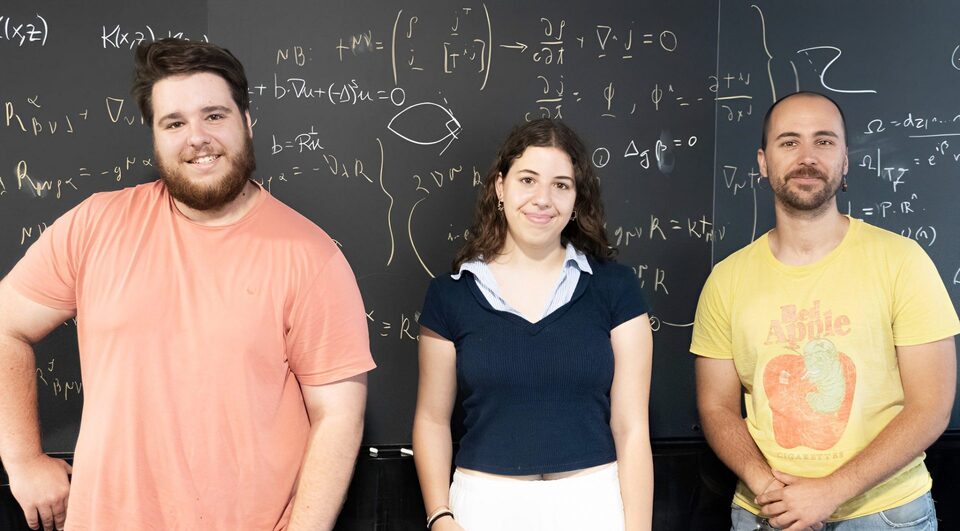
In addition to the CRM’s involvement with BIYSC, the Knowledge Transfer Unit hosted Maria Rosinach as part of phase 2 of the “Joves i Ciència” program. This initiative, also organized by the Fundació Catalunya-La Pedrera, aims to foster scientific vocations among pre-university students by providing them with hands-on research experiences. Maria’s stay at CRM, supervised by KTU members Axel Masó and Marcel Morillas, allowed her to immerse herself in a professional research environment, contributing to ongoing projects and gaining invaluable insights into the real-world applications of mathematical research.
This year was the first time the CRM participated in both programmes, offering the possibility for the students to gain knowledge and skills but also leave with a renewed passion for mathematics and its potential to address global challenges. Through this experience, we hope to have inspired the next generation of mathematicians and scientists, demonstrating the pivotal role that mathematics plays in driving innovation and providing solutions to pressing issues.
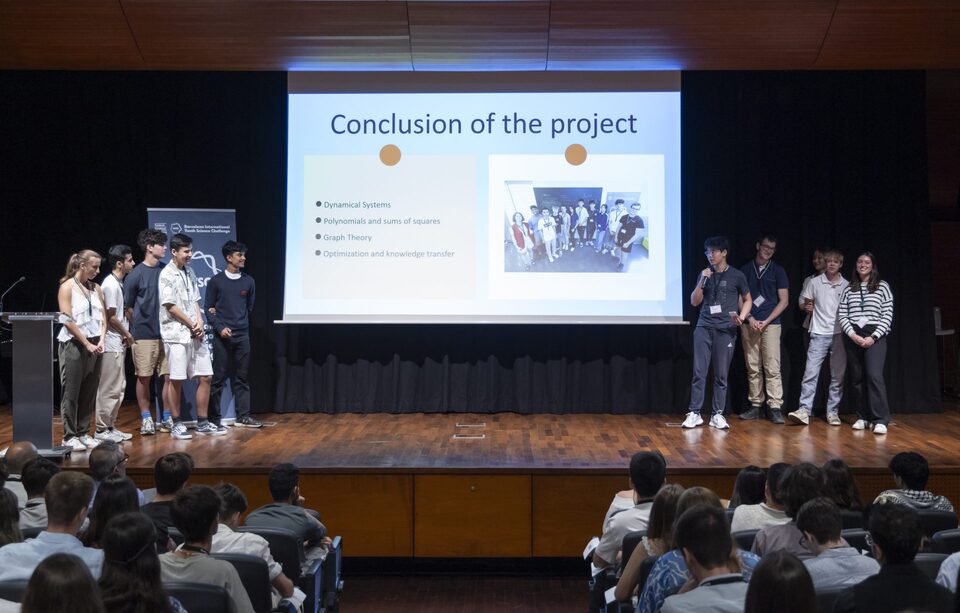
Subscribe for more CRM News
|
|
CRM CommPau Varela & Mariona Fucho
|
When Symmetry Breaks the Rules: From Askey–Wilson Polynomials to Functions
Researchers Tom Koornwinder (U. Amsterdam) and Marta Mazzocco (ICREA-UPC-CRM) published a paper in Indagationes Mathematicae exploring DAHA symmetries. Their work shows that these symmetries shift Askey–Wilson polynomials into a continuous functional setting,and...
Homotopy Theory Conference Brings Together Diverse Research Perspectives
The Centre de Recerca Matemàtica hosted 75 mathematicians from over 20 countries for the Homotopy Structures in Barcelona conference, held February 9-13, 2026. Fourteen invited speakers presented research spanning rational equivariant cohomology theories, isovariant...
Three ICM speakers headline the first CRM Faculty Colloquium
On 19 February 2026, the Centre de Recerca Matemàtica inaugurated its first CRM Faculty Colloquium, a new quarterly event designed to bring together the mathematical community around the research carried out by scientists affiliated with the Centre. The CRM auditorium...
Trivial matemàtiques 11F-2026
Rescuing Data from the Pandemic: A Method to Correct Healthcare Shocks
When COVID-19 lockdowns disrupted healthcare in 2020, insurance companies discarded their data; claims had dropped 15%, and patterns made no sense. A new paper in Insurance: Mathematics and Economics shows how to rescue that information by...
L’exposició “Figures Visibles” s’inaugura a la FME-UPC
L'exposició "Figures Visibles", produïda pel CRM, s'ha inaugurat avui al vestíbul de la Facultat de Matemàtiques i Estadística (FME) de la UPC coincidint amb el Dia Internacional de la Nena i la Dona en la Ciència. La mostra recull la trajectòria...
Xavier Tolsa rep el Premi Ciutat de Barcelona per un resultat clau en matemàtica fonamental
L’investigador Xavier Tolsa (ICREA–UAB–CRM) ha estat guardonat amb el Premi Ciutat de Barcelona 2025 en la categoria de Ciències Fonamentals i Matemàtiques, un reconeixement que atorga l’Ajuntament de Barcelona i que enguany arriba a la seva 76a edició. L’acte de...
Axel Masó Returns to CRM as a Postdoctoral Researcher
Axel Masó returns to CRM as a postdoctoral researcher after a two-year stint at the Knowledge Transfer Unit. He joins the Mathematical Biology research group and KTU to work on the Neuromunt project, an interdisciplinary initiative that studies...
The 4th Barcelona Weekend on Operator Algebras: Open Problems, New Results, and Community
The 4th Barcelona Weekend on Operator Algebras, held at the CRM on January 30–31, 2026, brought together experts to discuss recent advances and open problems in the field.The event strengthened the exchange of ideas within the community and reinforced the CRM’s role...
From Phase Separation to Chromosome Architecture: Ander Movilla Joins CRM as Beatriu de Pinós Fellow
Ander Movilla has joined CRM as a Beatriu de Pinós postdoctoral fellow. Working with Tomás Alarcón, Movilla will develop mathematical models that capture not just the static architecture of DNA but its dynamic behaviour; how chromosome contacts shift as chemical marks...
Criteris de priorització de les sol·licituds dels ajuts Joan Oró per a la contractació de personal investigador predoctoral en formació (FI) 2026
A continuació podeu consultar la publicació dels criteris de priorització de les sol·licituds dels ajuts Joan Oró per a la contractació de personal investigador predoctoral en formació (FI 2026), dirigits a les universitats públiques i privades del...
Mathematics and Machine Learning: Barcelona Workshop Brings Disciplines Together
Over 100 researchers gathered at the Centre de Recerca Matemàtica to explore the mathematical foundations needed to understand modern artificial intelligence. The three-day workshop brought together mathematicians working on PDEs, probability, dynamical systems, and...

